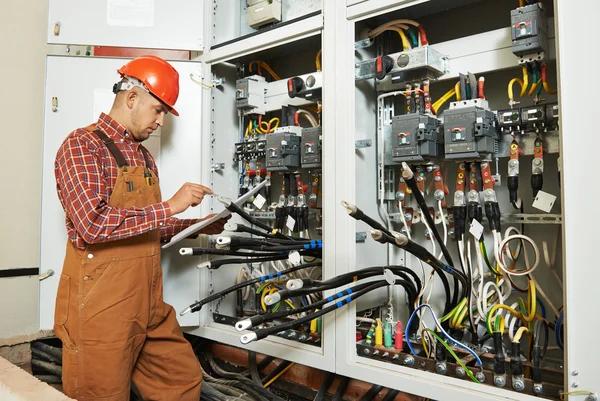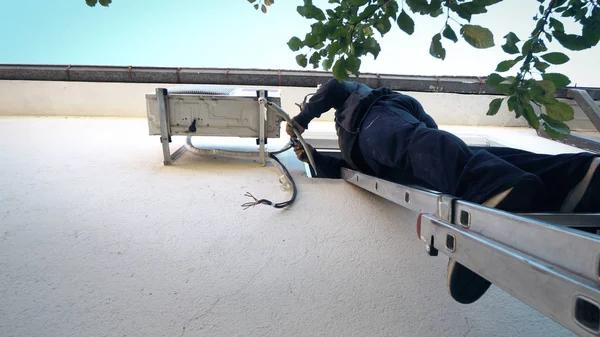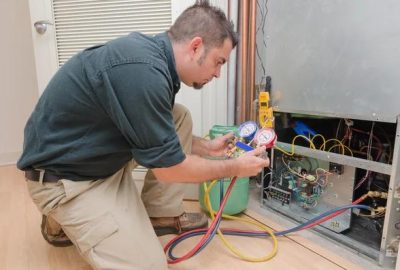Residential vs. Commercial Electrical Contractors: What’s the Difference?
Residential and commercial electrical contractors are two distinct categories of professionals within the field of electrical work. Despite both being involved in ensuring that electrical systems function correctly, they differ significantly in their areas of expertise, training requirements, and the complexity of tasks they handle.
Residential electricians primarily focus on installing, maintaining and repairing electrical systems in homes and other residential buildings. Their work typically involves less complex tasks like fixing broken switches or outlets, rewiring houses or apartments, or installing new lighting fixtures. They are trained to adhere to the National Electrical Code (NEC) for residential buildings which outlines safety standards to protect homeowners from potential hazards associated with faulty wiring.
On the other hand, commercial electricians service businesses and commercial establishments such as offices, retail stores, restaurants among others. The nature of their job is often more complex due to the larger scale and higher power needs of these facilities. Commercial electricians may need to install sophisticated systems like energy-efficient lighting or automated controls for heating and cooling systems. They also need a comprehensive understanding of NEC codes pertaining specifically to commercial settings.
The differences between these two types of contractors extend beyond just the scope of their work; it also includes electric company near me their training process. Residential electricians usually undergo a shorter apprenticeship period compared to their commercial counterparts because residential wiring is generally simpler than commercial wiring. On completion of this period they can opt for licensure as a journeyman before eventually becoming licensed master electricians.
Commercial electricians require more extensive training due to the complexity involved in handling large-scale projects with intricate wiring systems. After completing an apprenticeship program which could last up to five years depending upon state regulations they can apply for licensure as journeymen but must continue gaining experience under supervision before qualifying for master status.
In terms of tools used too there’s variation; while some basic tools like wire strippers screwdrivers multimeters are common across both fields specialty equipment might be necessary based on specific project requirements. For example commercial electricians may need conduit benders or industrial voltage meters.
In conclusion, while both residential and commercial electrical contractors work towards ensuring the safe and efficient operation of electrical systems, they differ in their areas of expertise, training requirements, complexity of tasks handled, and tools used. It’s important for clients to understand these differences so they can choose the right professional for their specific needs. Whether you’re a homeowner looking to upgrade your home’s lighting system or a business owner needing to install complex electrical systems in your facility, hiring the right type of contractor is crucial for successful completion of your project.
Arman Electric
2770 Indian River Blvd # 319, Vero Beach, FL 32960
772-469-6675





0